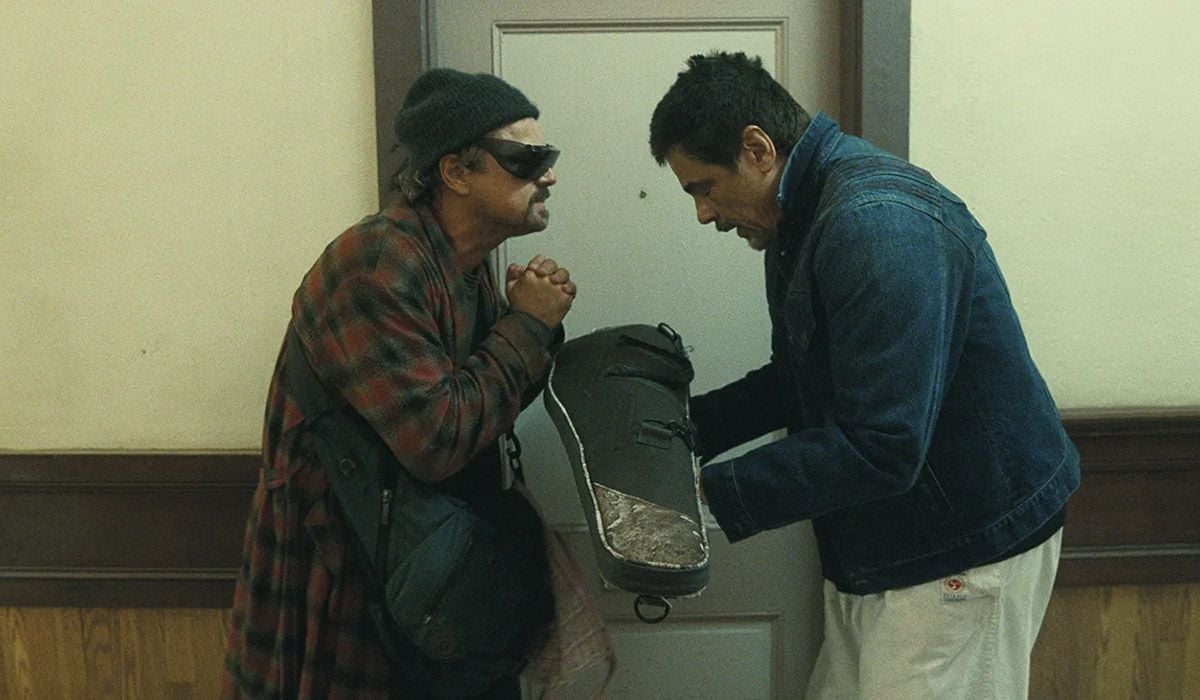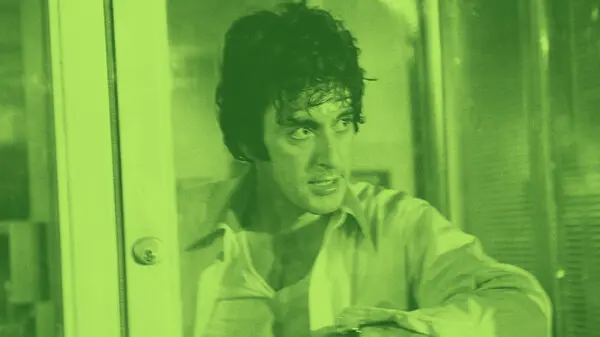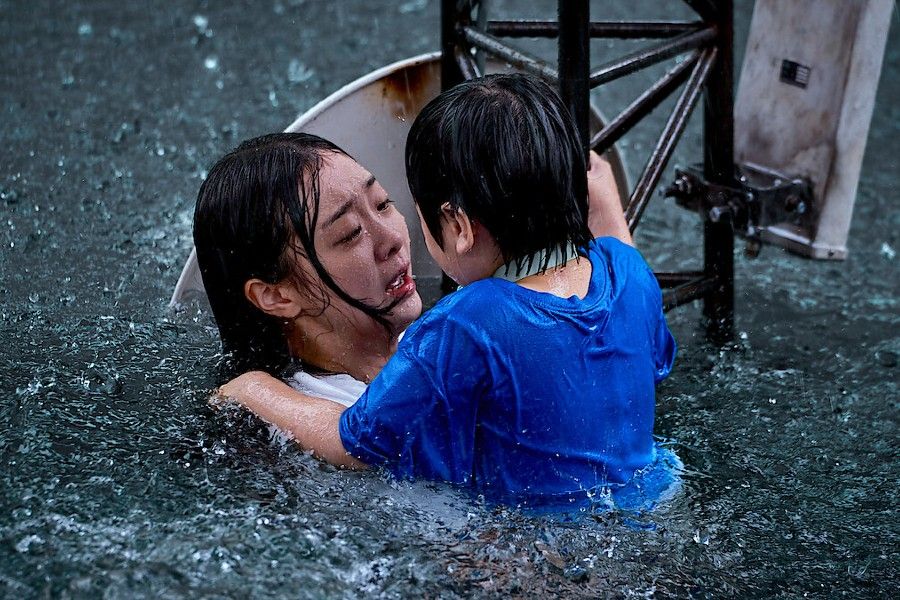
Shining Light (2024) — Movie Review
- Jun 14, 2024
The first frame of the film, which seems to be out of focus, gives the impression of a sun wavering within the frame. This enigmatic start marks the directorial debut of Franco-Senegalese director Ramata-Toulaye Sy, making this one of those films for which the saying “every frame a painting” would be fitting. The film resorts to light as a critical factor, taking up a character-like presence. But the light, though adding beauty to the frames with it either being lucid or distorted by floating sand, isn’t all benevolent.
Set in a secluded Senegal village, the light is relentless and pitiless. Each character depicted in the movie yearns for rain, which never arrives, and this punishing light is torture for the cattle. Drought ensures the wake of famine. Existence becomes a struggle. And as expected, love in such conditions becomes a hard-fought battle, not just on account of the physical hardships but also due to the cultural norms in place. The film depicts Banel (Khady Mane), a young woman, passionately in love with Adama (Mamadou Diallo), a man with a more apprehensive personality than expected from a future tribal leader. Banel is a determined woman. Through neo-realistic shots, we are shown her constant struggle with the “angry and agitated” voices of her daily life.

Against a backdrop of a village life she doesn't resonates with, both Banel and Adama dream of establishing a new home, not in a city like many rural movie narratives, but in homes that they are unearthing from a nearby village, which was obliterated in a sandstorm. Despite Adama's role as a future tribal leader, they are all the same, as a fellow character states, “Here, no man stands out from the others.”
With a consistent editorial rhythm, Sy portrays this intricate love story amidst village hardships. It isn’t a film that takes any drastic narrative turns. As famine becomes more severe, ghastly images of dead cattle, desiccated by the sun, begin appearing. All throughout this, Banel continues with her somewhat self-centred mission. Towards the end, she confronts Adama with, “You promised to dig to the very last grain of sand.” The last frames of this haunting film, reflecting nature narrating us our own tales sometimes, suggest that even fulfilled promises can prove futile.







